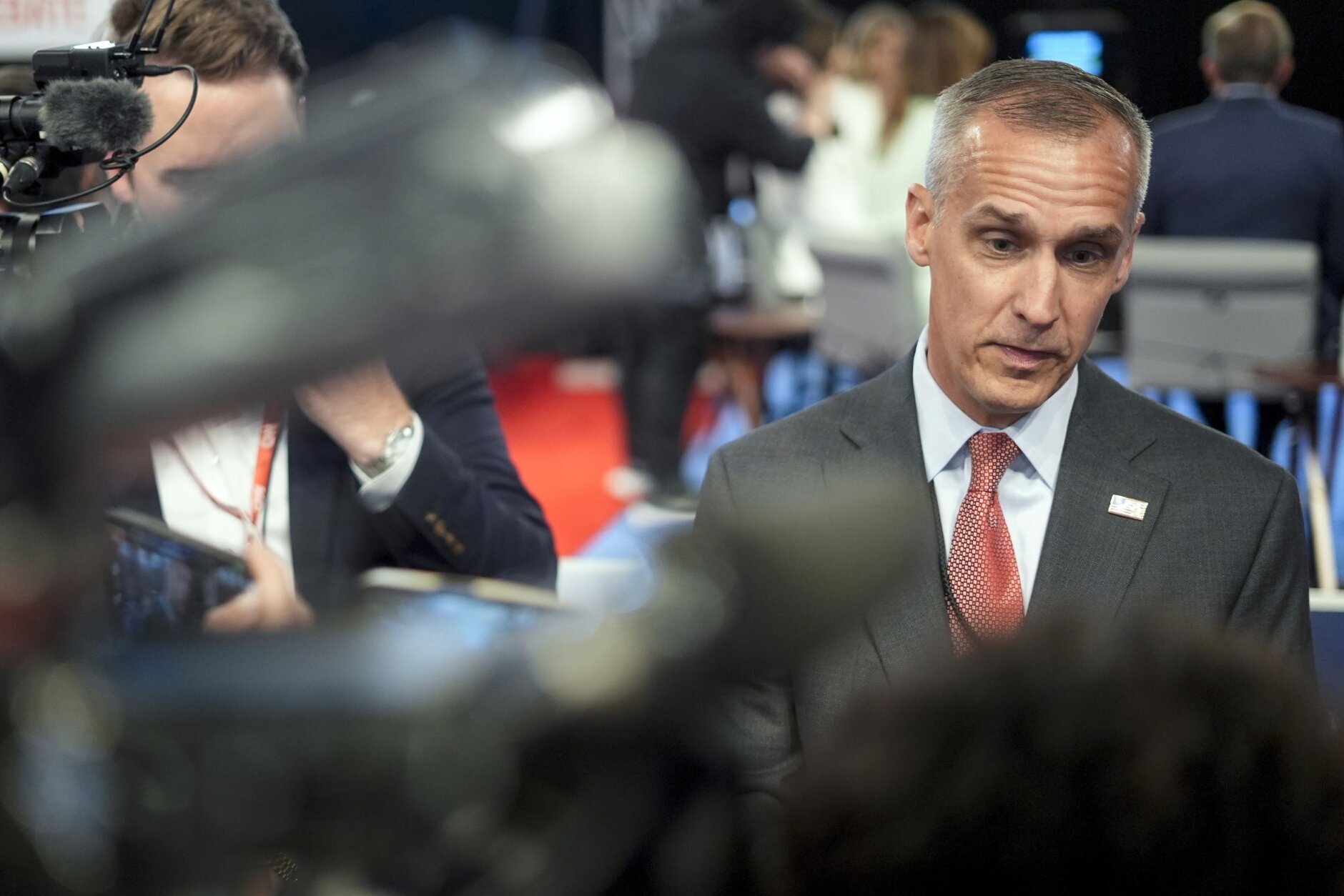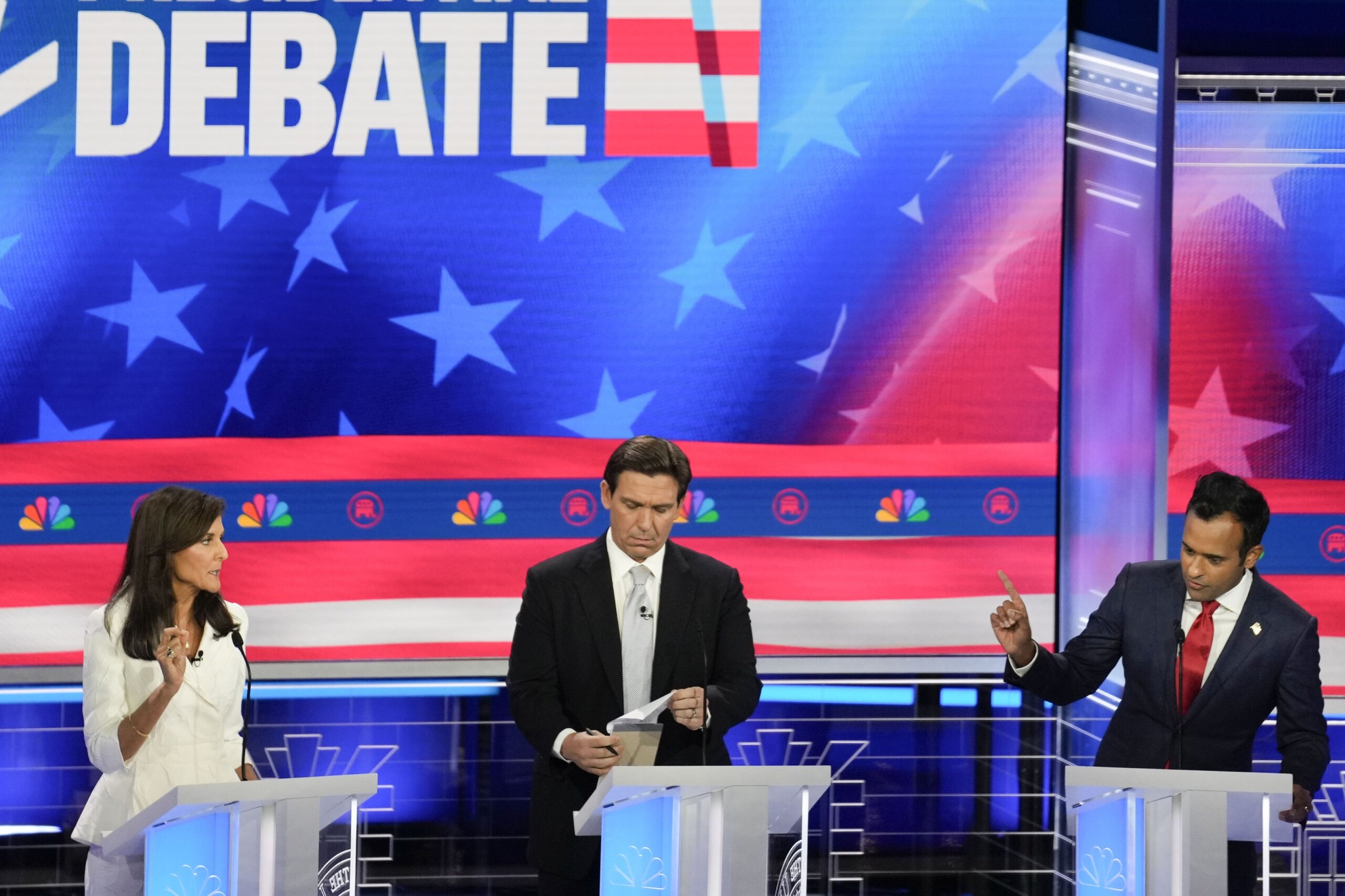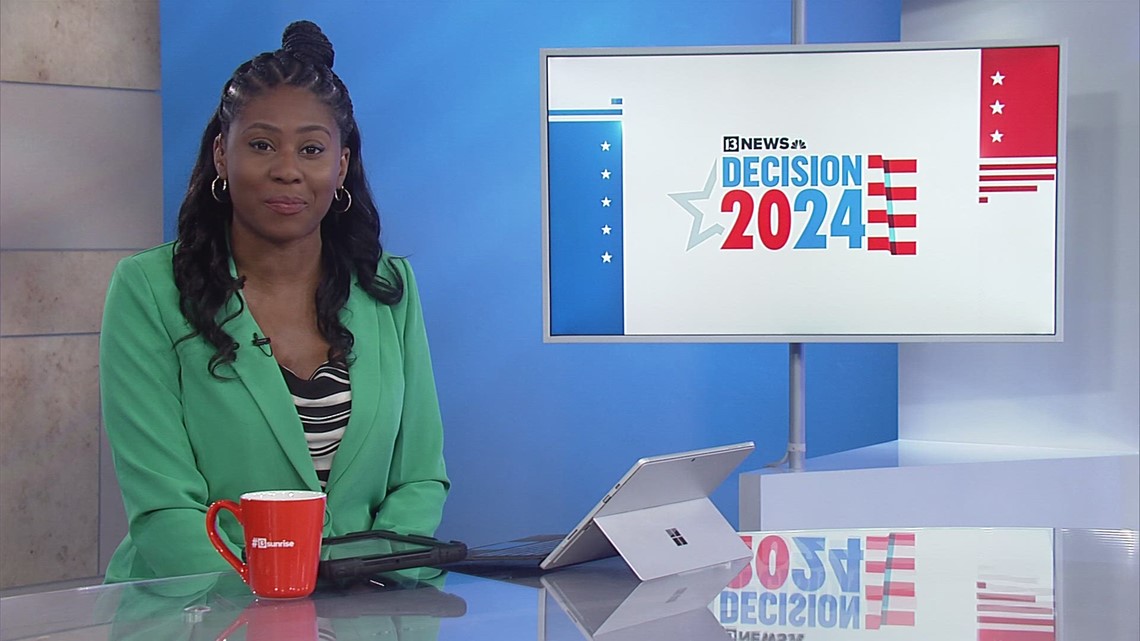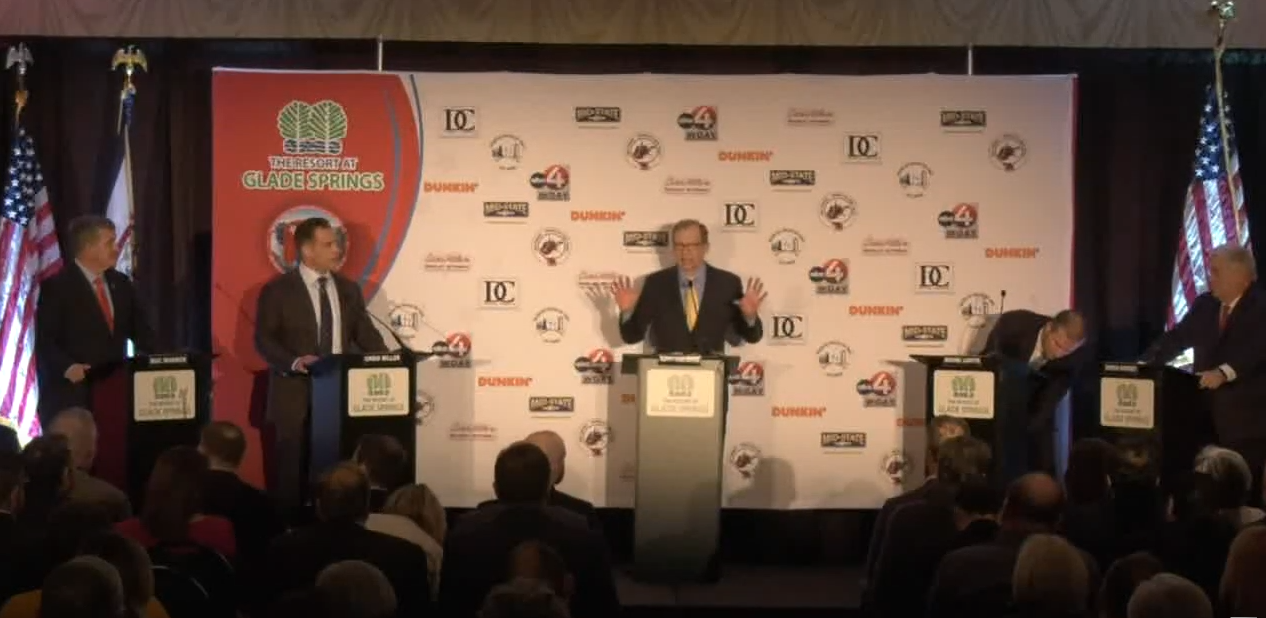Unveiling the Mysteries of Presidential Debates: Separating Fact from Fiction
Table of Contents
- Dems bemoan Biden’s ‘missed opportunity’ on climate - E&E News by POLITICO
- Video The 2024 presidential race will be ‘a vibes election not a policy ...
- Screenshot-2024-02-12-120242.png
- 2024 killed the presidential debate. Here’s why it should still matter.
- A halting Biden tries to confront Trump at debate but sparks Democratic ...
- My 2024 Presidential Debate - by Scott Alexander
- Reporter's notebook: How health care issues are shaping the 2024 ...
- Four Republicans will be on stage for the fourth presidential debate ...
- 2024 Presidential Debate schedule announced, three universities ...
- Fifth Debate of Presidential and Vice Presidential Candidates for 2024 ...



A Brief History of Presidential Debates



What We Know About Presidential Debates



What We Don't Know About Presidential Debates
Despite their prominence, there's still much we don't know about the presidential debates. For instance, the selection process for moderators and questioners is often shrouded in secrecy, leading to speculation about potential biases and agendas. We also don't know the extent to which the debates are scripted, with some critics arguing that the events are overly rehearsed and lacking in spontaneity. Additionally, the impact of the debates on voter behavior is still a topic of debate, with some studies suggesting that they have little influence on election outcomes, while others argue that they can be a decisive factor.
The Future of Presidential Debates
As we look to the future, it's clear that the presidential debates will continue to evolve, incorporating new technologies and formats to engage a wider audience. We may see more emphasis on social media, with candidates using platforms like Twitter and Facebook to connect with voters and respond to questions in real-time. We may also see a shift towards more issue-focused debates, with candidates engaging in in-depth discussions on topics like climate change, economic inequality, and social justice. In conclusion, while we know a great deal about the presidential debates, there's still much that remains unclear. As we move forward, it's essential that we continue to scrutinize these events, examining their impact on our democracy and their role in shaping public opinion. By separating fact from fiction, we can work towards creating a more informed and engaged electorate, one that's equipped to make informed decisions about the future of our nation. Whether you're a seasoned political junkie or just starting to tune in, one thing is certain – the presidential debates will remain a vital part of our democratic process, providing a unique window into the minds and policies of those vying for the highest office in the land.Word count: 500